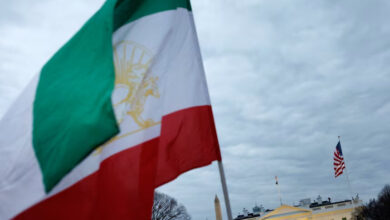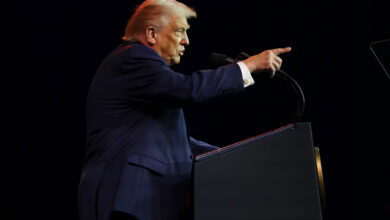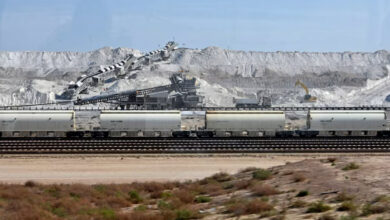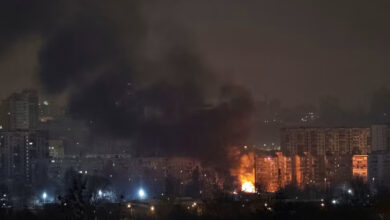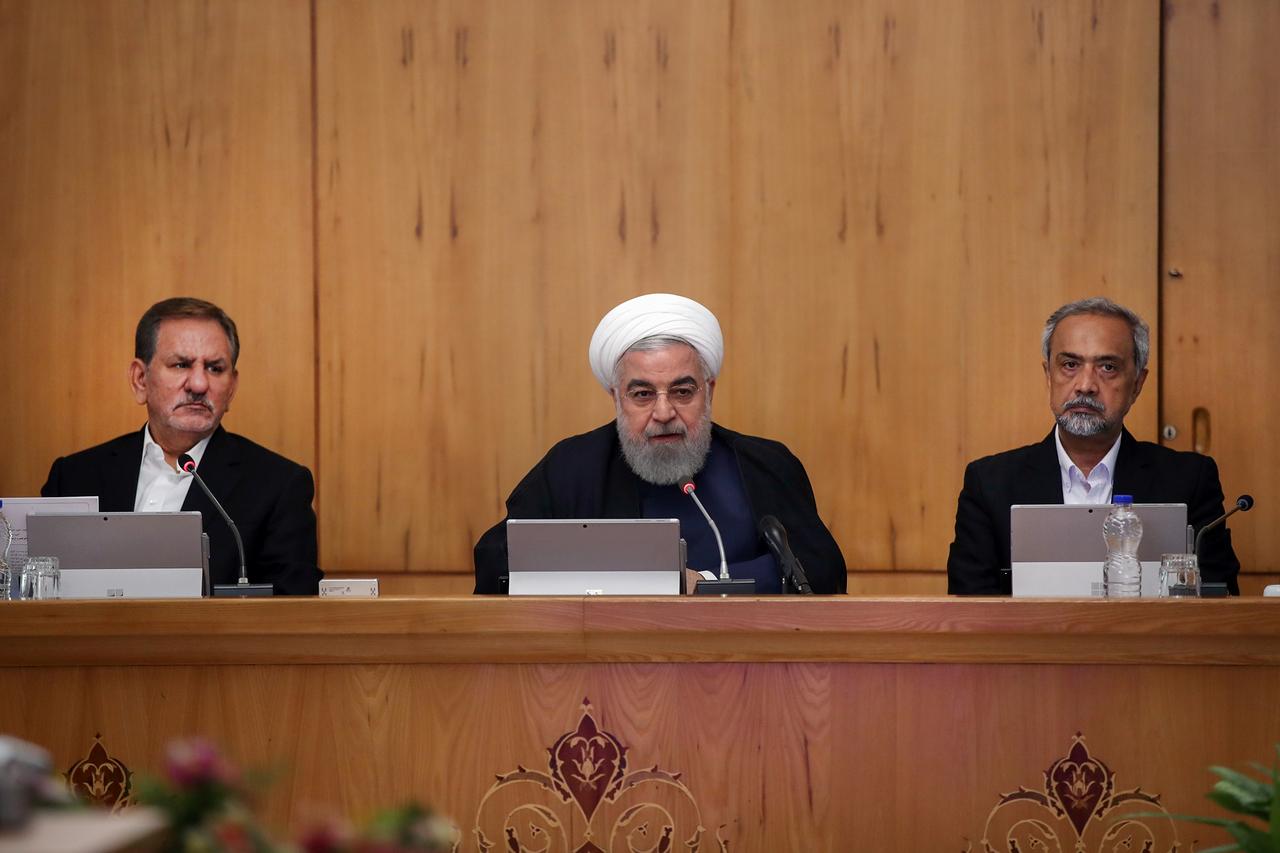
DUBAI (Reuters) – Iran on Wednesday threatened a crushing response to any military strike after attacks on Saudi oil sites blamed by Washington on Tehran, though it said the Islamic Republic had no desire for conflict in the Gulf region.
In a letter sent on Monday to the United States via the Swiss embassy, which represents US interests in Iran, Tehran said it “denies and condemns claims” by US officials that “Tehran was behind the attacks”.
“It was also emphasized in the letter that in case of any aggression against Iran, that action will face an immediate response from Iran and the response won’t be limited to its source,” the state news agency IRNA reported.
The Etemad daily newspaper describing US accusations of Iranian responsibility for the Saudi attacks as part of Washington’s stated “maximum pressure” policy to isolate Iran.
“(We are) fully prepared to surprise aggressors through a crushing and comprehensive answer to possible evil actions,” s Etemad quoted Ali Shamkhani, Secretary of Iran’s Supreme National Security Council, as saying.
A US official told Reuters the projectiles that hit the Saudi oil facilities on Saturday came from southwestern Iran. Three officials said they involved cruise missiles and drones, indicating a higher degree of complexity and sophistication than initially thought.
The Iran-aligned Houthi group in Yemen, to Saudi Arabia’s south, claimed responsibility for the attack. But Saudi Arabia said it would produce evidence on Wednesday linking Iran, to the northeast across the Gulf, to the assault.
“WE DON’T WANT CONFLICT”
Iranian President Hassan Rouhani said the attack had been mounted by Houthis in retaliation for Yemen’s war which he blamed on the United States and a Saudi-led military coalition.
But, he added in a video carried by state media, “We don’t want conflict in the region…Who started the conflict? Not Yemenis. It was Saudi Arabia, the Emirates, America, certain European countries and the Zionist regime (Israel) which started the war in this region.”
President Donald Trump has stepped up sanctions against Iran since last year when he exited a 2015 nuclear pact between Iran and six world powers and reimposed sanctions that were lifted under the deal in return for Iran curbing its nuclear program.
In response, Iran has gradually scaled back its commitments to limit uranium enrichment activity under the pact and plans to further breach it if European signatories fail to keep their promises to shield Iran’s economy from US penalties.
Saudi Arabia said on Tuesday that more than half of its oil production, knocked out by the attacks, had been recovered and that production capacity at its targeted plants would be fully restored by the end of September.
Iranian Oil Minister Bijan Zanganeh said the attacks on a Saudi oil field and the world’s largest crude processing plant would affect oil prices everywhere but only in the short-term.
Meanwhile, IRNA said Rouhani and Foreign Minister Mohammad Javad Zarif might not attend the UN General Assembly next week if their US visas were not issued in the coming hours.
US President Donald Trump has said he could meet Rouhani, possibly at the General Assembly in New York. But on Tuesday Iranian Supreme Leader Ayatollah Ali Khamenei ruled this out.
Reporting by Parisa Hafezi. Additional reporting by Tuqa Khalid; Reporting and writing by Parisa Hafezi; Editing by Mark Heinrich.
Image: Iranian President Hassan Rouhani speaks during the cabinet meeting in Tehran, Iran, September 18, 2019. Official President website/Handout via REUTERS

